Importance of the 12 Islamic Months
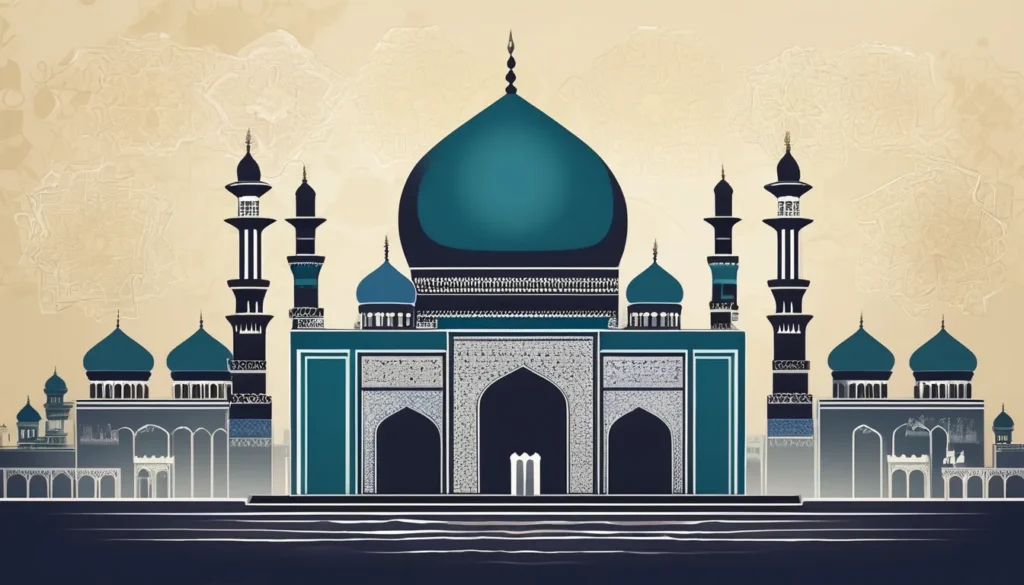
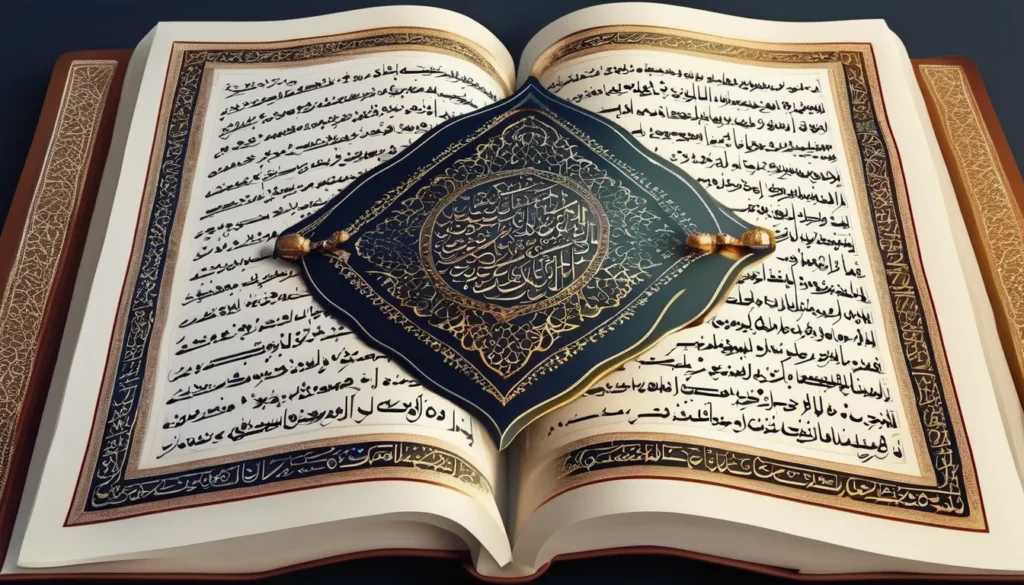
The Importance of the 12 Islamic Months holds a central place in guiding Muslims through their religious obligations, including worship, fasting, and pilgrimage. From Muharram to Dhul-Hijjah, each month offers unique spiritual significance, helping Muslims stay connected to their faith and fulfill their duties as outlined by the Islamic lunar calendar.
These months, especially the four sacred ones, serve as a reminder of devotion and unity, as emphasized by the early Muslims and Sahabah. Observing these months with sincerity not only aligns believers with their religious commitments but also fosters a sense of solidarity within the Muslim community.
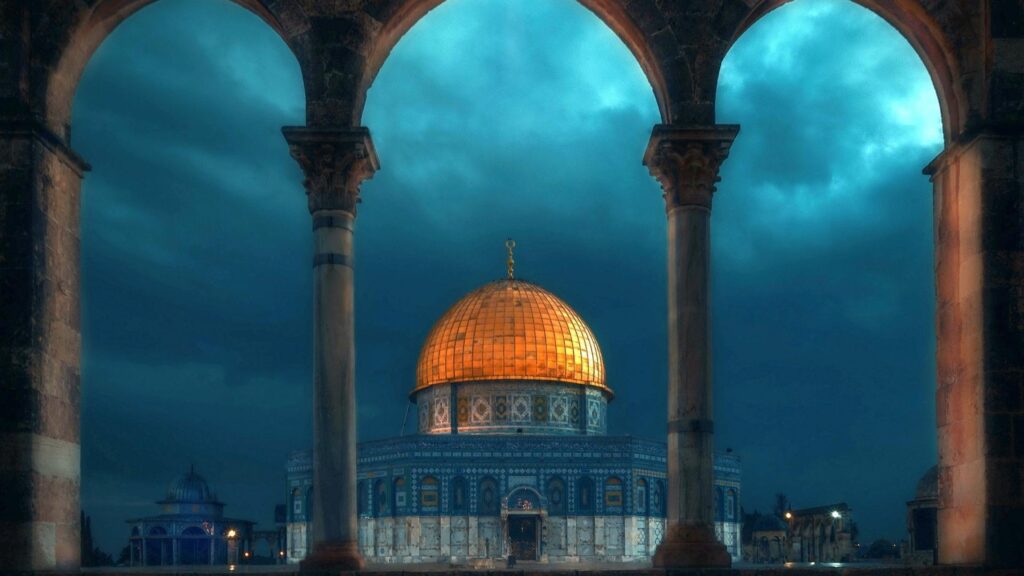
How Does the Islamic Calendar Work?
What is the Islamic Calendar?
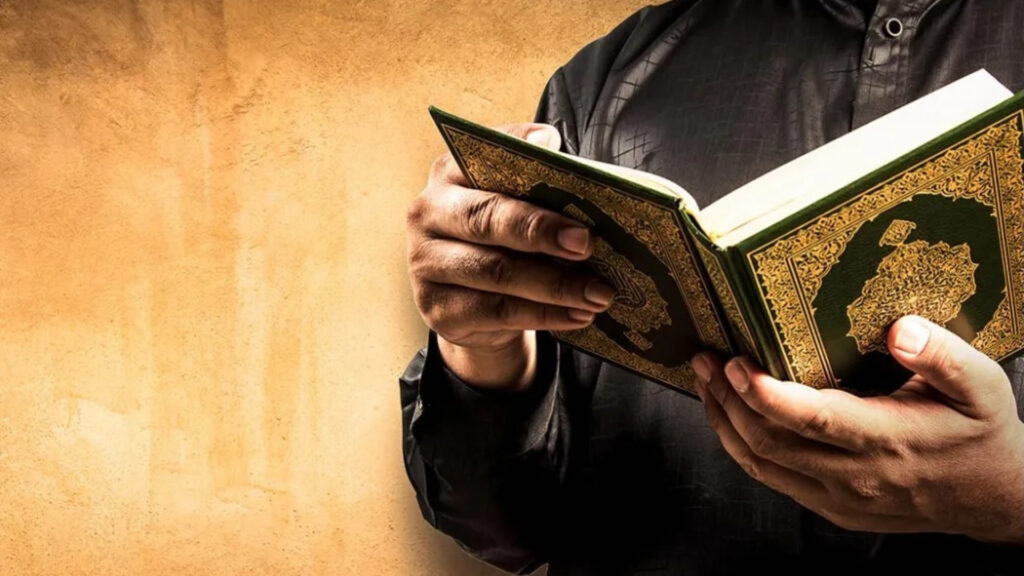
“It is He who made the sun a shining radiance and the moon a light, determining phases for it so that you might know the number of years and how to calculate time. God did not create all these without a true purpose; He explains His signs to those who understand.” (Qur’an 10:5)
When Was the Islamic (Hijri) Calendar Created?
The Islamic (Hijri) calendar was officially established after the passing of the Prophet Muhammad (ﷺ). It was formalized during the caliphate of Umar ibn Al-Khattab (RA), the second rightly guided Caliph, as the need for a clear system to record and document important events and dates arose.
However, even before its formalization, the Prophet Muhammad (ﷺ) and his companions, including Umar (RA), observed the same twelve lunar months that are now part of the Islamic calendar. These months—Muharram, Safar, Rabi ‘al-Awwal, Rabi ‘al-Thani, Jumada Awwal, Jumada Thani, Rajab, Sha’ban, Ramadan, Shawwal, Dhul Qadah, and Dhul Hijjah—were in use long before Islam was established as a religion. The Qur’an itself makes reference to these twelve months in Surah At-Tawbah:
“Indeed, the number of months ordained by Allah is twelve—in Allah’s Record since the day He created the heavens and the earth—of which four are sacred.” — Qur’an 9:36
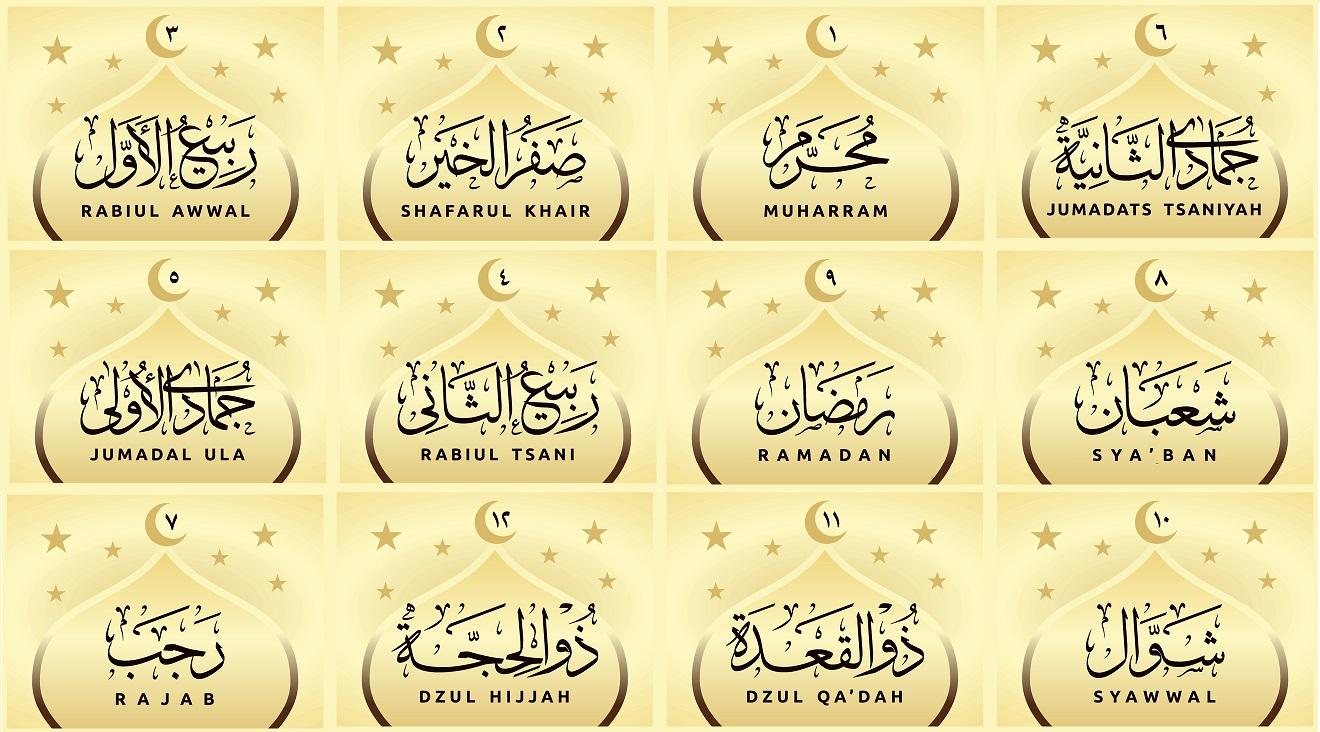
The Islamic Lunar Calendar: A Divine System
Unlike the Gregorian calendar that most of the world follows today, the Islamic calendar is purely lunar, comprising twelve months based on the moon’s phases. Each month begins with the sighting of the new crescent moon. This system, as ordained by Allah, is not merely for timekeeping but serves as a spiritual guide for believers.
In Surah At-Tawbah (9:36), Allah says:
“Indeed, the number of months with Allah is twelve in a year, so ordained by Him the day He created the heavens and the earth; of them, four are sacred.”
This verse establishes that the Islamic calendar is divinely appointed, and the specific emphasis on the four sacred months further underlines its significance. These months help Muslims structure their religious practices, maintain spiritual discipline, and create a sense of continuity in their devotion to Allah.
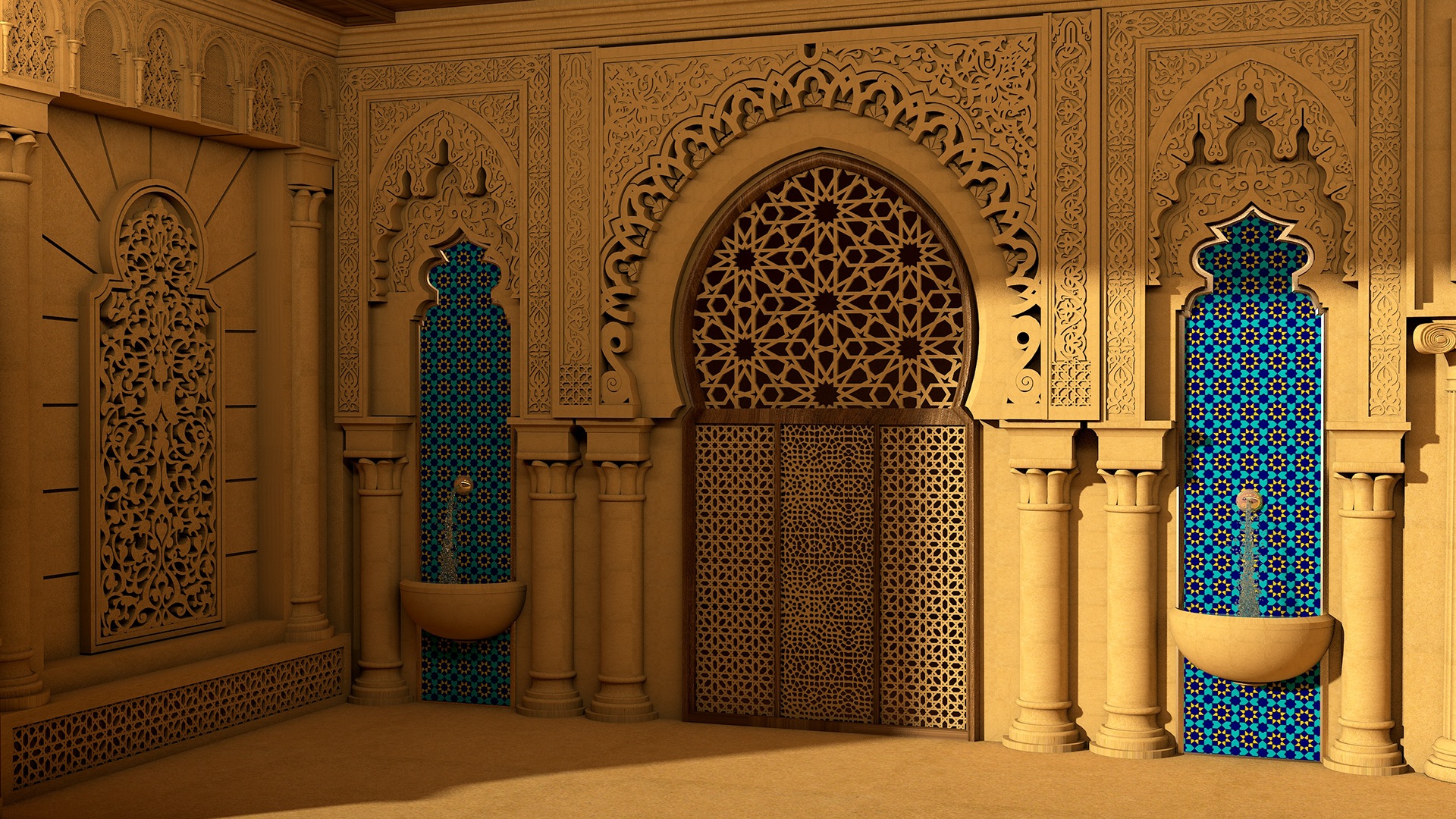
The Four Sacred Months: Sanctity and Spirituality
1. Muharram – The Month of Allah
Muharram, the first month of the Islamic year, is one of the four sacred months. Known as the “Month of Allah,” it is regarded as the second holiest month in Islam after Ramadan. Muslims are encouraged to fast, particularly on the 10th day of Muharram, known as Ashura. On this day, Muslims remember the significant events of the past, including the day Allah saved Prophet Musa (Moses) and his people from Pharaoh by parting the Red Sea.
The Prophet Muhammad (PBUH) said:
“The best of fasting after Ramadan is fasting during Allah’s month, Muharram.” (Sahih Muslim)
2. Rajab – The Month of Spiritual Preparation
Rajab, another sacred month, is often considered a time of spiritual preparation for the upcoming holy month of Ramadan. Although there are no obligatory fasts during Rajab, it is a time for voluntary acts of worship, fasting, and seeking forgiveness from Allah. Rajab is also the month in which the miraculous event of the Isra and Mi’raj occurred, when the Prophet Muhammad (PBUH) was taken from Makkah to Jerusalem and then ascended to the heavens, meeting the prophets and receiving the command of the five daily prayers.
Rajab serves as a reminder of the importance of worship and spiritual growth, encouraging Muslims to engage in extra prayers, reflection, and repentance.
3. Dhul-Qidah – The Month of Peace
Dhul-Qi’dah, the 11th month of the Islamic calendar, is a sacred month in which fighting and conflict are forbidden. This month serves as a peaceful prelude to Dhul-Hijjah, the month of pilgrimage (Hajj). It is a time for Muslims to focus on peace, reconciliation, and preparing themselves spiritually for the holy journey of Hajj, which many will undertake in the following month.
4. Dhul-Hijjah – The Month of Hajj
Dhul-Hijjah, the 12th and final month of the Islamic year, is one of the most important months in Islam. It is during this month that the pilgrimage to Makkah, known as Hajj, takes place. Hajj is one of the five pillars of Islam and is obligatory for all Muslims who have the means to perform it. The first ten days of Dhul-Hijjah are considered extremely blessed, with the Day of Arafah on the 9th day being the holiest day for fasting outside of Ramadan.
The Prophet Muhammad (PBUH) said:
“There are no days in which righteous deeds are more beloved to Allah than these ten days.” (Sahih Bukhari_
The Remaining Months of the Islamic Year
While the four sacred months carry special significance, the other eight months are also filled with their own religious and historical importance. They provide structure for other acts of worship, community events, and personal reflection.
1. Safar
Safar is the second month of the Islamic calendar and is often associated with cultural myths and superstitions that Islam rejects. While some may consider it an unlucky month, Islamic teachings encourage Muslims to trust in Allah and avoid such beliefs. Safar is a time for Muslims to focus on their faith, seeking guidance and protection from Allah.
2. Rabi’ al-Awwal
Rabi’ al-Awwal is a significant month for Muslims as it marks the birth of the Prophet Muhammad (PBUH). Known as Mawlid al-Nabi, the 12th of Rabi’ al-Awwal is celebrated in many parts of the Muslim world to honor the life and teachings of the Prophet. It is a time to reflect on his character, his mission to spread Islam, and the transformative impact he had on the world.
3. Rabi’ al-Thani
Rabi’ al-Thani, also known as Rabi’ al-Akhir, is the fourth month of the Islamic calendar. While it does not carry any specific religious observances, it remains an important part of the Islamic year. Like the other months, it provides Muslims with opportunities for voluntary worship, reflection, and charity.
4. Jumada al-Awwal
Jumada al-Awwal is the fifth month of the Islamic calendar and is often associated with the battles and challenges faced by early Muslims. It is a reminder of the sacrifices made by the Prophet Muhammad (PBUH) and his companions in establishing Islam. This month encourages Muslims to reflect on their own struggles and how they can overcome them through faith and perseverance.
5. Jumada al-Thani
Jumada al-Thani, also known as Jumada al-Akhirah, is the sixth month of the Islamic calendar. It is a time for Muslims to continue their acts of worship and devotion, building upon the spiritual growth they have achieved in the previous months.
6. Shaban – The Month of Preparation for Ramadan
Sha’ban is the eighth month of the Islamic calendar and is known as the month of preparation for Ramadan. The Prophet Muhammad (PBUH) used to fast more in Sha’ban than in any other month except Ramadan, encouraging Muslims to prepare their bodies and minds for the upcoming month of fasting. It is also during Sha’ban that the annual decree of each individual’s fate for the coming year is written, making it a time for seeking forgiveness and increasing acts of worship.
7. Ramadan – The Holiest Month
Ramadan, the ninth month of the Islamic calendar, is the holiest month for Muslims. It is during this month that the Quran was revealed to the Prophet Muhammad (PBUH), marking it as a time of spiritual reflection, fasting, prayer, and charity. Fasting during Ramadan is one of the five pillars of Islam, and it is obligatory for all adult Muslims who are able to fast.
The fast, which lasts from dawn until sunset, is not only a physical act of abstaining from food and drink but also a spiritual discipline to cultivate self-control, empathy, and closeness to Allah. The last ten nights of Ramadan are particularly special, with Laylat al-Qadr (the Night of Power) being one of them. This night is better than a thousand months, and it is when the Quran was first revealed. Muslims seek it out through extra prayers, worship, and supplication.
8. Shawwal – The Month of Reward
Shawwal is the tenth month and marks the end of Ramadan with the celebration of Eid al-Fitr, a day of joy and gratitude for the completion of the fast. It is also encouraged to fast six days during Shawwal as a continuation of the spiritual benefits gained during Ramadan. The Prophet Muhammad (PBUH) said:
“Whoever fasts Ramadan and follows it with six days of Shawwal, it will be as if he fasted for a lifetime.” (Sahih Muslim)
